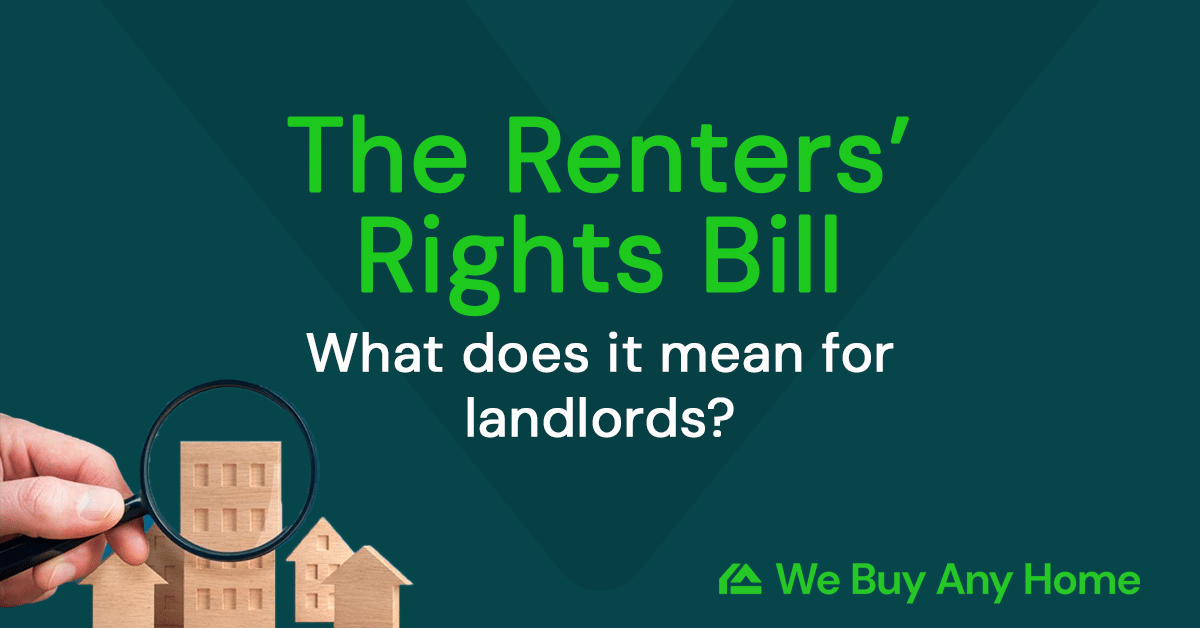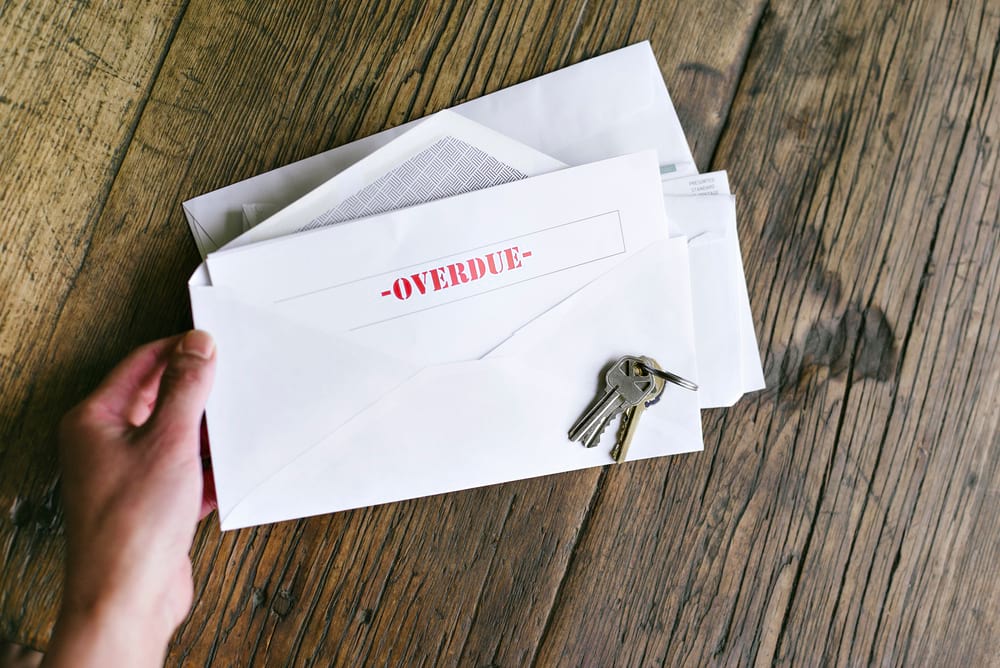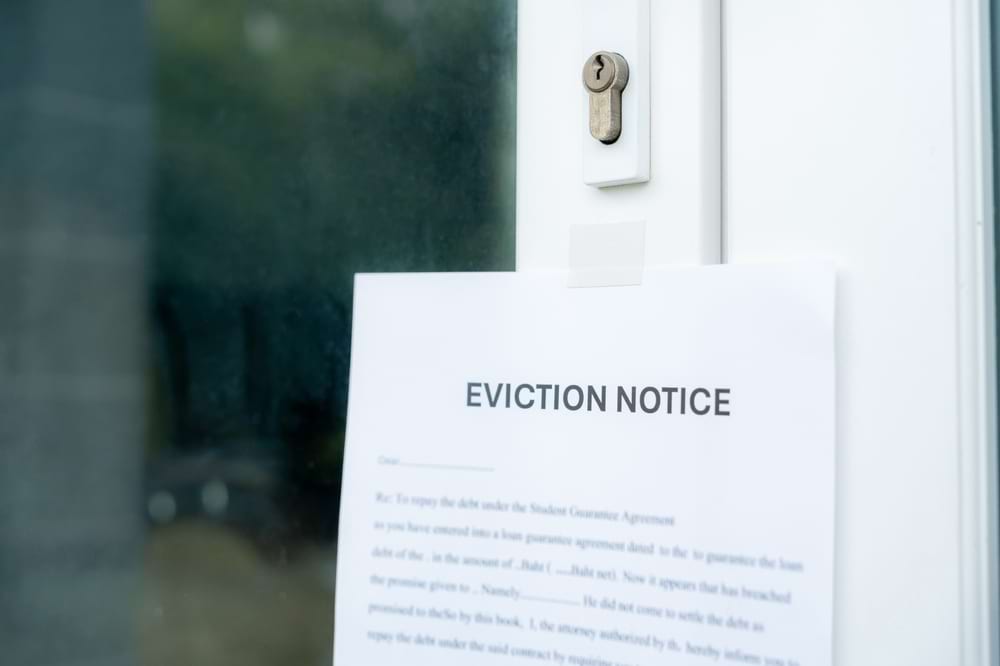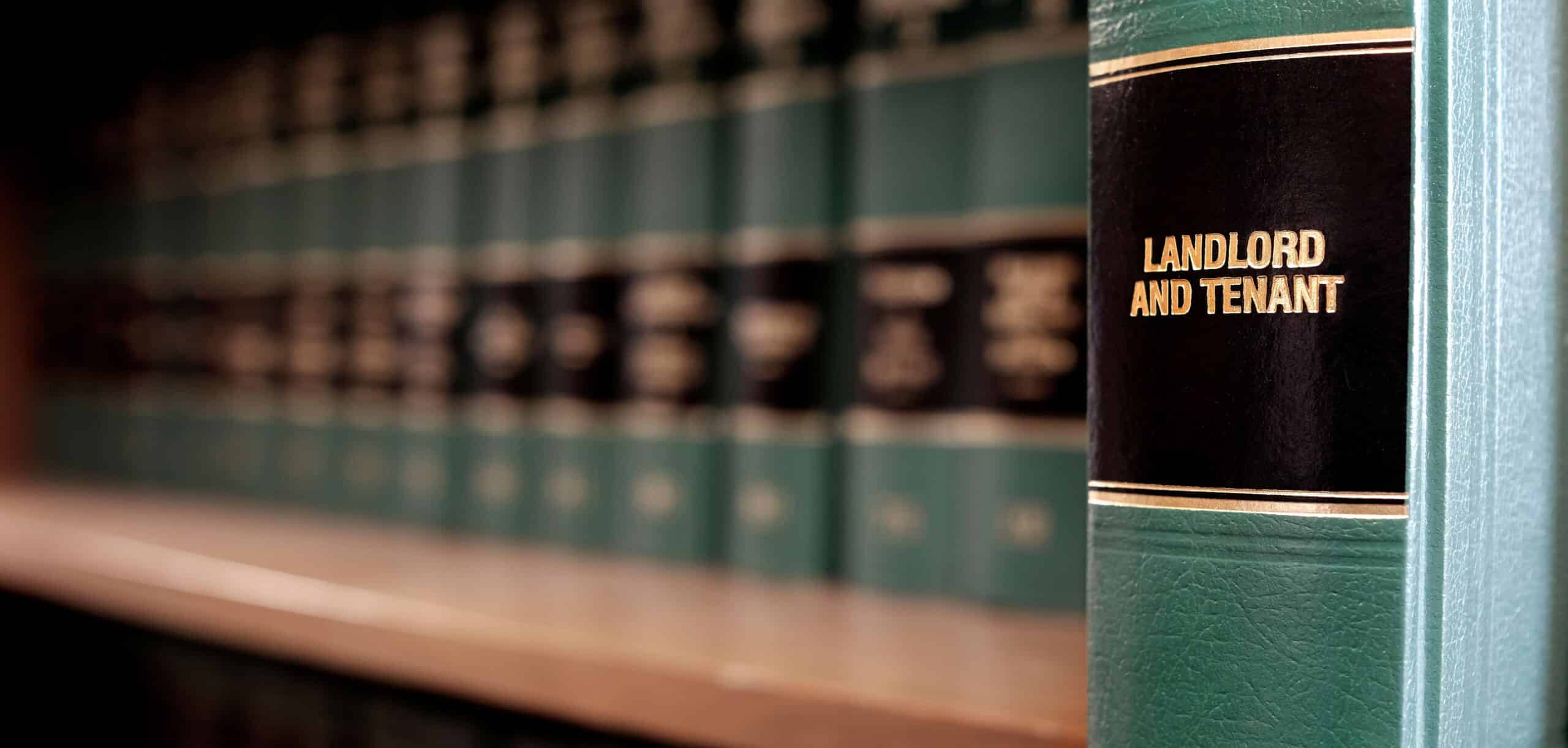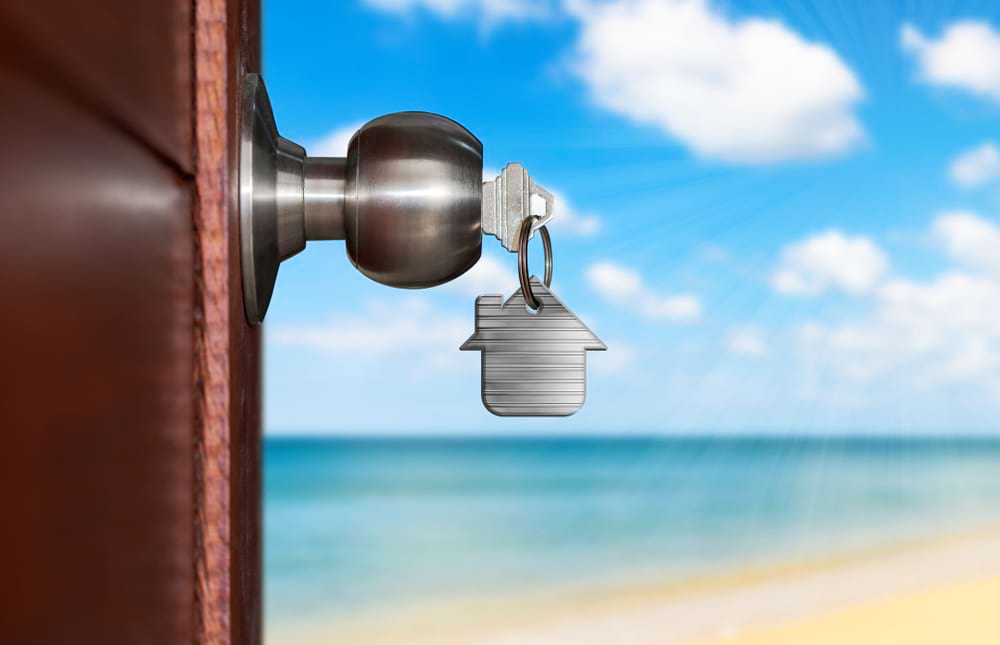Charging the right amount of rent is important.
If it’s too high, you are unlikely to attract or retain tenants.
And if it’s too low, you’ll lose revenue.
Read on for our top considerations for deciding how much rent you should charge.
1. Location (national)
Across the UK, different regions and cities/towns have different average rent levels.
These vary according to the local economy and demand in each place.
Average rent price in England
The average rent in England is £1,375 per month.
This amount varies based on location, for example:
- London has the highest rent in the country. The typical monthly rent is £2,121.
- The cheapest rent is in the north-east, where it’s £695 per month.
Average rent price in Wales
The average rent in Wales is £780 per month.
- Cardiff has the highest above this mean, at approximately £1,119
- Wrexham is above average as well, at £844
- Ferndale, in south Wales, is £720.
Average rent price in Scotland
The average rent in Scotland is £995 per month.
- In Edinburgh, it’s £1,261
- Glasgow is generally close to the national average, at roughly £951
- Greenock, in Inverdale, is one of the lowest, at £558
Average rent price in Northern Ireland
The average rent in Northern Ireland is £994 per month.
- Belfast is £1,252
- Derry is £698
2. Location (local)
Within towns and cities, different areas can vary significantly as well. Neighbourhoods or even nearby streets can vary.
Proximity to shops, train stations, parks, and other amenities can all increase or decrease the rental price accordingly.
3. Type of property
Between small flats and large houses, there are numerous types of properties.
These also include several different types of flats, which are the most commonly rented type.
All else equal, the larger the property, the higher the rental rate.
4 . Condition of property
Unlike homeowners, tenants typically don’t want to renovate or redecorate the properties they move into. This is the landlord’s responsibility.
So, the better the property’s condition (including how it’s furnished), the higher the rent can be charged.
5. Your costs
Landlords factor in all the costs involved with renting out their property, including:
- Making repairs
- Legal fees
- Hiring a property management company (optional).
After adding all of these together and factoring in the profit margin, they gain a benchmark to compare with the local average price.
Of course, landlords can increase rent later on. But this is constrained by contracts and other conditions.
6. Rental yield
One of the most popular measurements for deciding rent prices is rental yield.
This is the amount of income your rental generates as a percentage of your property value.
You can research the average rental yield in your area. You can also get a property valuation for your home to help determine this figure.
